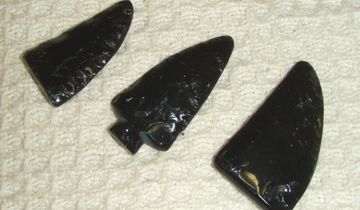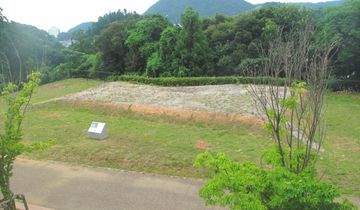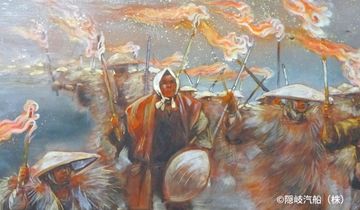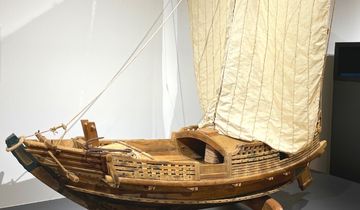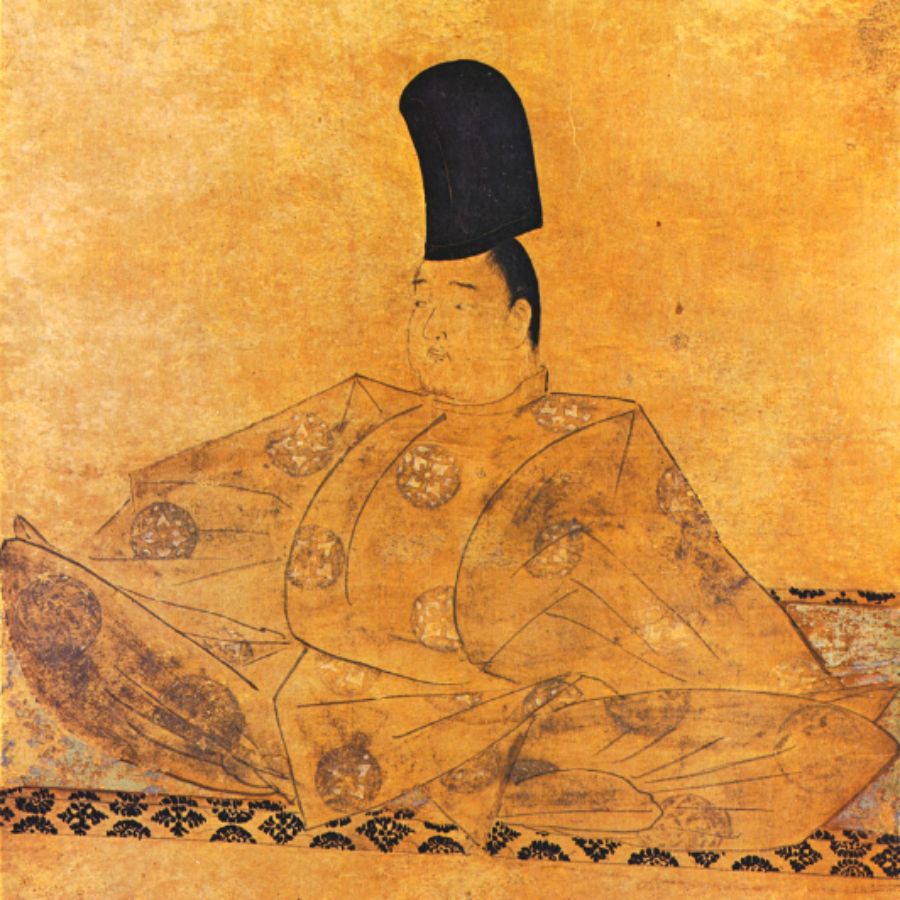
Lifestyles and Traditions - History
In 724, the year Emperor Shōmu ascended the throne, the Oki Islands were designated as a place of exile. Until the mid-Edo period (1603–1867) when around 3,000 regular criminals (members of the public) were exiled to the islands, notable and political figures such as emperors, aristocrats, and officials were exiled to the Oki Islands. Among the many notable exiles are Emperor Go-Toba and Emperor Go-Daigo, both defeated in power struggles during the Kamakura period (1185–1333), and Ono no Takamura, a poet of the Heian period (794–1185).
The reason why the Oki Islands became a place of exile is not only because they are located far from the capital, but also because there are not a lot of difficulties when living on the islands. A location where exiled nobles and emperors would starve or find life dangerous was unacceptable. Therefore, it is understood that one of the reasons why the Oki Islands were chosen was that they were rich in crops, and had a long history that began with obsidian despite being a remote location.


